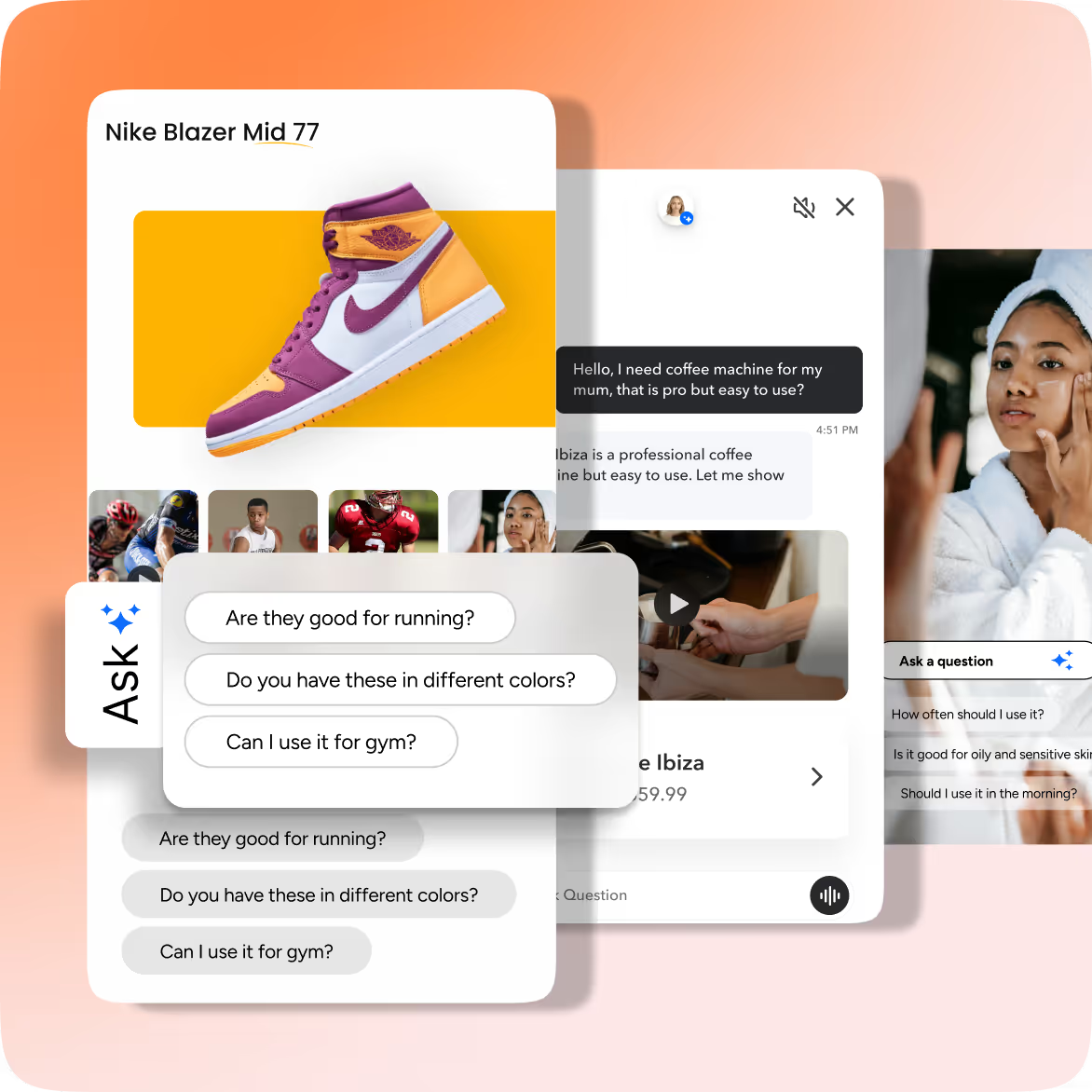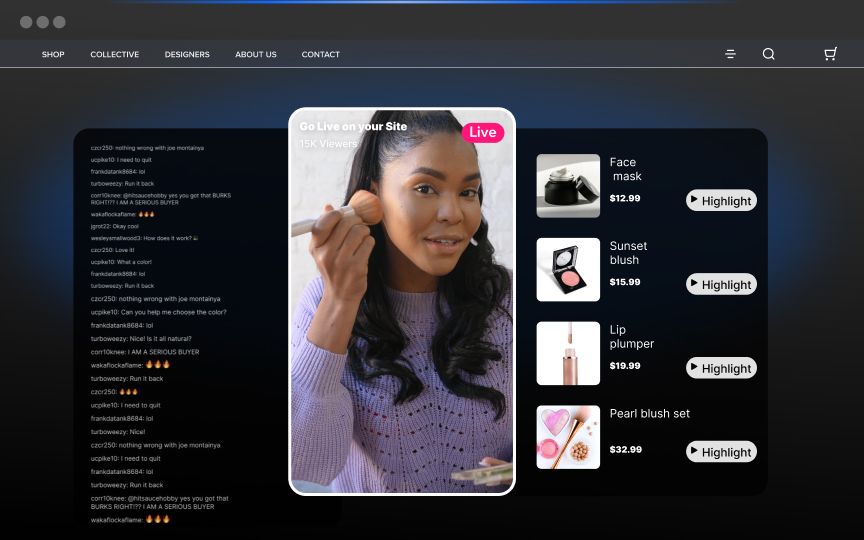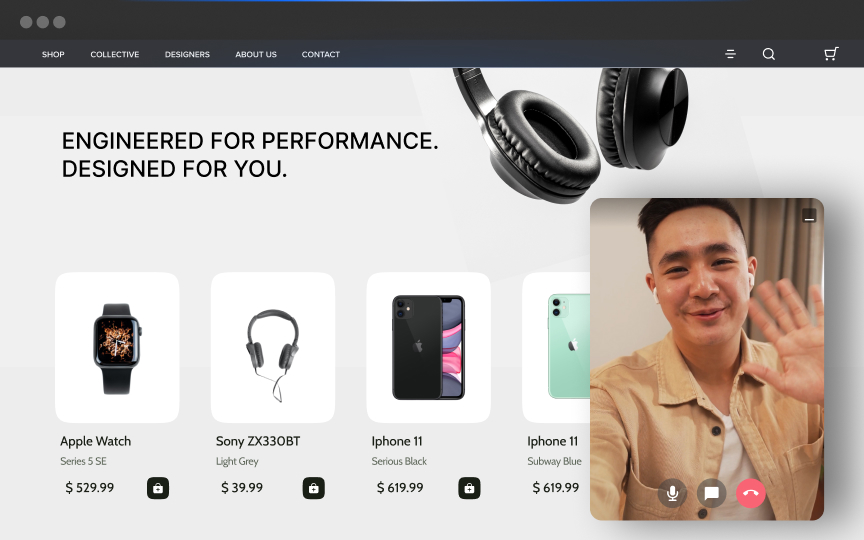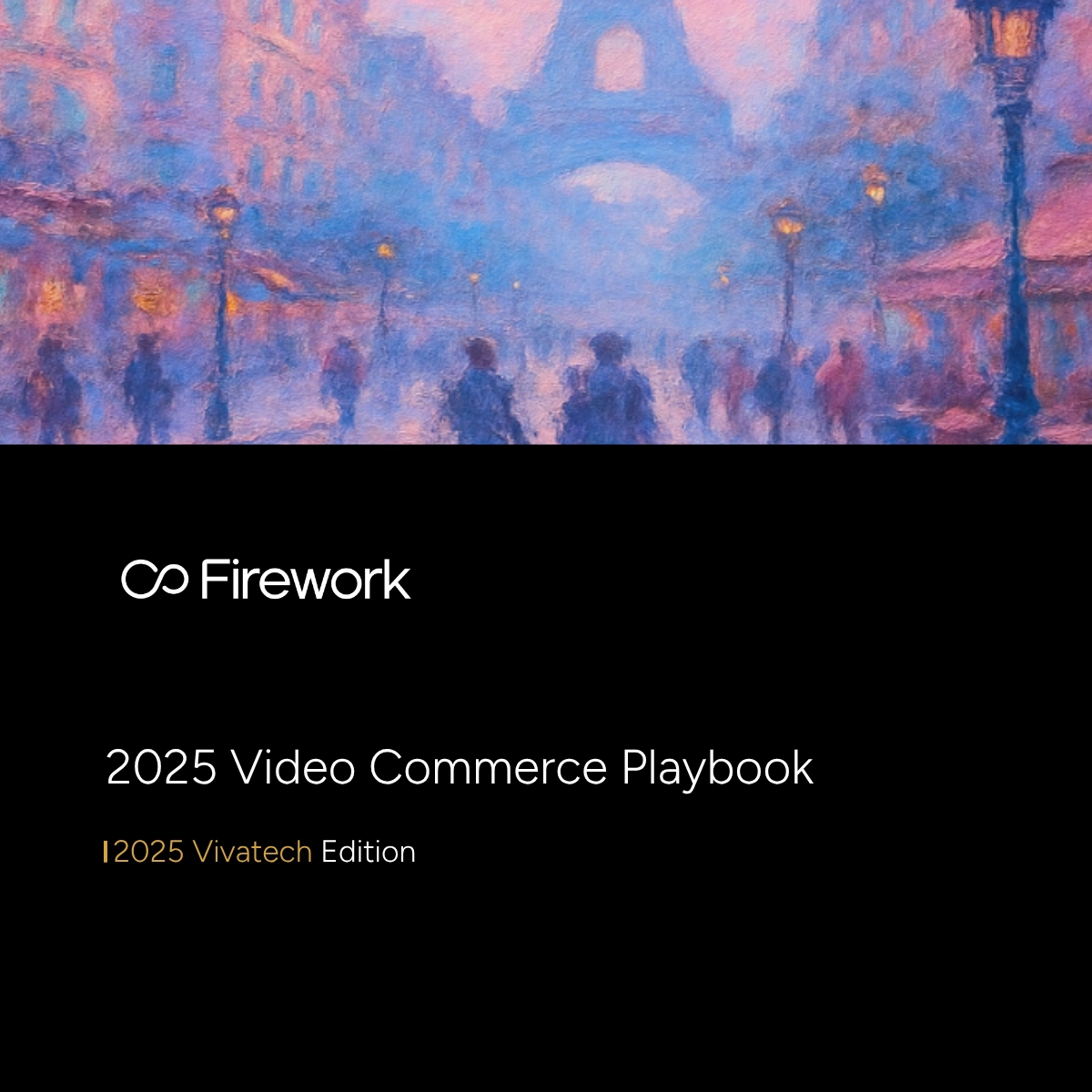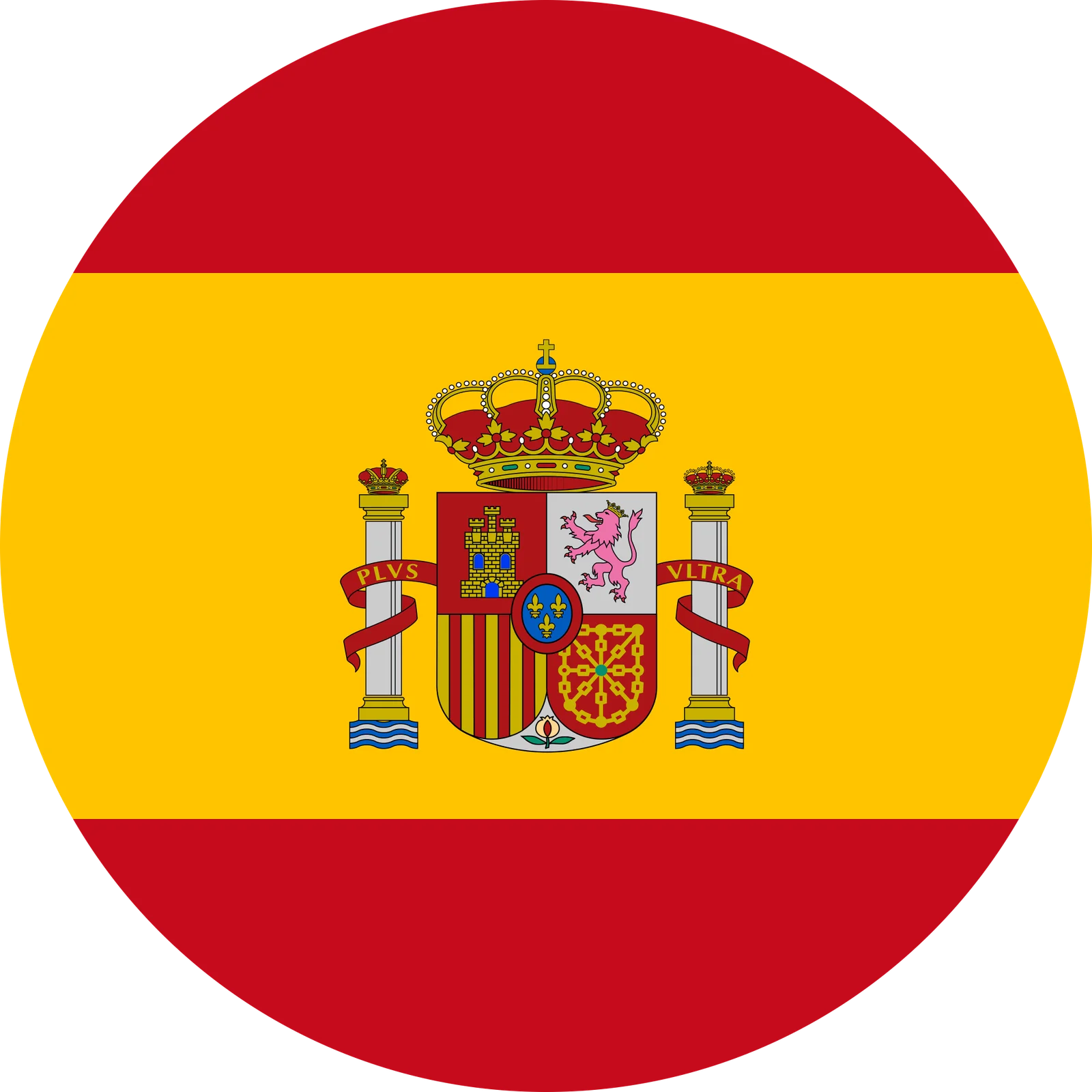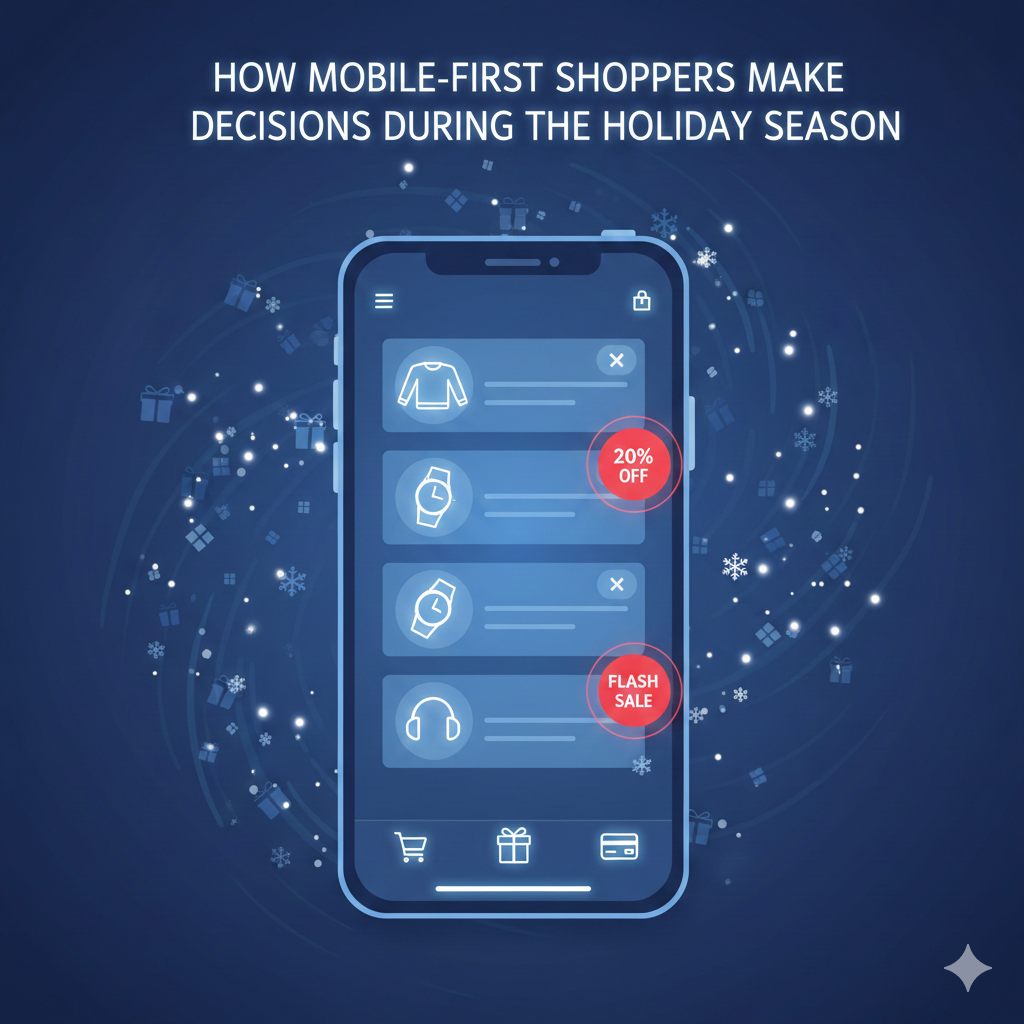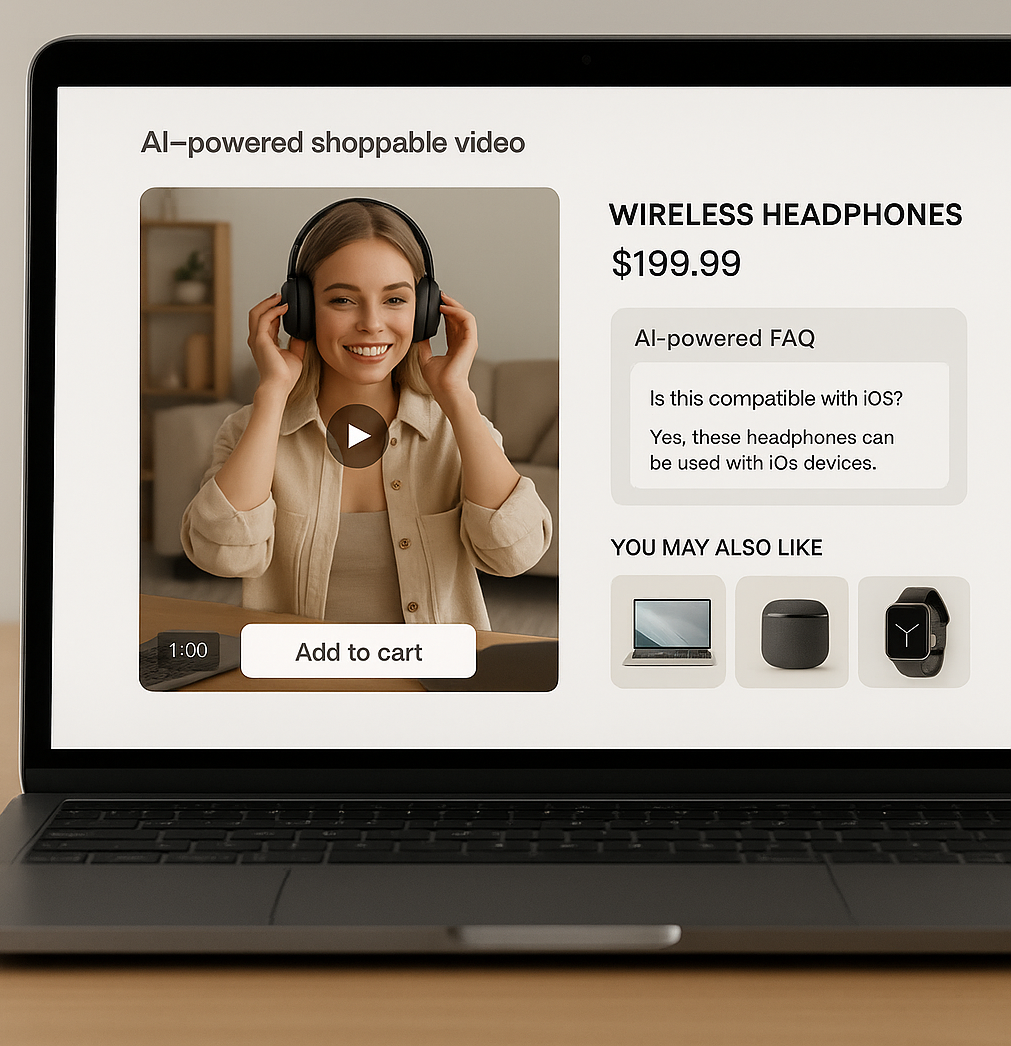You’re probably already feeling the pressure of the upcoming holiday season. With so many key dates to keep track of, it can get overwhelming fast. That’s where our 2024 ecommerce holiday calendar comes in handy.Imagine having a clear roadmap for all the major shopping events throughout the year. It’s not just about knowing the dates; it’s about planning your marketing strategies around them.This tool can help you stay organized and maximize your sales opportunities, making sure you’re always a step ahead.
What is an Ecommerce Holiday Calendar?
An ecommerce holiday calendar is a strategic planning tool that helps online retailers maximize sales opportunities around key holidays and shopping events throughout the year. By mapping out important dates, you can align your marketing campaigns, promotions, and inventory planning to coincide with peak shopping periods. This proactive approach allows you to capture increased consumer spending and engage your customers more effectively.Feeling the pressure to stay ahead of the competition and make sure you’re not missing out on any sales opportunities? Consider early planning for holiday eCommerce to ensure you’re prepared well in advance. Use our e-commerce holiday readiness checklist as a guide to determine if your business is ready for the holiday shopping season.
Why Use an Ecommerce Holiday Calendar in 2024?
Investing time and resources into a comprehensive ecommerce holiday calendar can yield significant returns in terms of increased sales, customer engagement, and long-term growth.
Capitalize on Peak Shopping Periods
Align marketing campaigns with high-traffic shopping days. Knowing when these days occur allows you to prepare targeted promotions and advertisements that resonate with your audience. It’s not just about being present; it’s about being relevant and timely.Capture increased consumer spending during holidays. People are more likely to spend money during specific times of the year. By aligning your sales strategies with these periods, you can tap into the natural increase in consumer spending, boosting your revenue. Utilize video marketing tips for eCommerce to enhance your campaigns and engage shoppers more effectively.Leverage livestream shopping statistics to understand the impact of live events on consumer behavior and tailor your strategies accordingly.
Stay Ahead of the Competition
Plan promotions and inventory in advance. Having a clear calendar helps you anticipate demand and stock up accordingly. This ensures you’re not caught off guard by sudden spikes in sales, and it allows you to offer timely promotions that attract customers. Differentiate offerings during key sales events. Standing out in a crowded market is easier when you plan ahead.Use Firework’s artificial virtual assistant to interact with your online customers and set you apart from competitors, making your brand the go-to choice for shoppers. Firework's AI-powered live chat solution, AVA provides immediate assistance to online customers and learns from customer interactions to offer tailored product suggestions. It is able to engage in natural conversations and address concerns 24/7.Boost conversions with livestream video to create interactive and engaging shopping experiences that set your brand apart.
Align Marketing Campaigns
Use the calendar to anticipate demand. Understanding when your customers are most likely to shop allows you to tailor your marketing efforts to meet their needs. Plan and execute marketing campaigns. This proactive approach helps you stay relevant and keeps your brand top-of-mind.Firework’s personalized one-on-one virtual shopping puts customers through the purchasing process, addressing questions and concerns to drive more sales. Additionally, it identifies high-value customers and initiates personalized video calls to offer tailored guidance and support.Leveraging first-party data can provide deeper insights into customer behavior, allowing for more personalized and effective marketing campaigns. Stay updated with 2024 marketing trends for eCommerce and social media marketing tips to keep your strategies fresh.Optimize Resource AllocationWorried about resource management and making sure you have enough staff during peak times?Forecast demand and adjust staffing accordingly. Knowing when your busiest periods will be allows you to plan your workforce needs in advance. This ensures you have enough staff to handle the increased workload, providing a better customer experience.Allocate budgets effectively for maximum ROI. A well-planned calendar helps you distribute your marketing budget more efficiently. By focusing your resources on high-impact periods, you can achieve better returns on your investment, maximizing your overall profitability. Consider the benefits of live shopping events to enhance customer engagement and drive sales.Implement an omnichannel retail strategy to provide a seamless shopping experience across all customer touchpoints, ensuring maximum reach and engagement.
Key Dates in the 2024 Ecommerce Holiday Calendar
Let’s dive into some key dates for 2024 so you can start planning now.
Ecommerce Marketing Calendar Key Dates in the Q1 2024
January
- New Year's Day January 1: Kick off the year with promotions that tap into New Year resolutions. Fitness, wellness, and self-improvement products tend to perform well.
February
- Chinese New Year (February 10): A major shopping event in many countries. Highlight products that align with the festive spirit, such as gifts and home decor.
- Valentine's Day (Feb 14): Focus on gifts for loved ones. Jewelry, flowers, chocolates, and personalized items are popular choices.
March
- International Women’s Day (March 8): Celebrate with campaigns that empower and honor women. Consider promotions on beauty products, books, and educational courses.
- White Day (March 14): Similar to Valentine's Day, but celebrated in some Asian countries. Market gifts that reciprocate Valentine's Day presents.
- St. Patrick's Day (Mar 17): Use this day to promote themed merchandise. Green apparel, party supplies, and festive decorations can attract buyers.
- Good Friday (March 29): A significant date for many. Consider promoting products that align with Easter preparations.
- Easter Sunday (March 31): Focus on family-friendly items, such as toys, chocolates, and festive home decor.
Ecommerce Marketing Calendar Key Dates in Q2 2024
April
- April Fools Day (April 1): Engage your audience with playful and humorous campaigns. Limited-time offers and novelty items can work well.
- Eid al-Fitr (April 10 - 12): Mark the end of Ramadan with promotions on gifts, clothing, and festive foods.
- Earth Day (April 22): Highlight eco-friendly and sustainable products. Consider offering discounts on items that promote a greener lifestyle.
May
- Labor Day (May 1): A great time for sales on home improvement, outdoor gear, and travel accessories.
- Mother's Day (May 12): Promote gifts that celebrate mothers. Jewelry, spa packages, and personalized items are popular.
- Memorial Day (May 27): Kick off the summer season with sales on outdoor furniture, BBQ equipment, and travel gear.
June
- Best Friends Day (June 8): Encourage customers to buy gifts for their friends. Matching items, personalized gifts, and experience packages can be appealing.
- Father's Day (Jun 16): Focus on gifts for dads. Tools, gadgets, and sports equipment are often top sellers.
- Juneteenth (June 19): Celebrate with campaigns that honor African American culture and history. Books, art, and cultural items can be highlighted.
Ecommerce dates and holidays in Q3 2024
July
- Independence Day (July 4): Promote patriotic-themed items, outdoor gear, and BBQ supplies. Consider running flash sales to attract shoppers.
- World Chocolate Day (July 7): Perfect for promoting gourmet chocolates and related products. Limited-time offers can drive quick sales.
August
- International Cat Day (August 8): Highlight pet products and accessories. Consider partnering with pet influencers for added reach.
- International Dog Day (August 26): Similar to Cat Day, focus on dog-related products. Special promotions and bundles can attract pet owners.
September
- Labor Day (September 2): Another opportunity for end-of-summer sales. Promote back-to-school items, fall fashion, and home essentials.
- World Animal Day (October 4): Celebrate with campaigns that promote animal welfare. Consider donating a portion of sales to animal charities.
- Oktoberfest (September 21): Highlight products related to this festive event. Beer, snacks, and party supplies can be popular.
- World Tourism Day (September 27): Promote travel-related products. Luggage, travel accessories, and experience packages can attract buyers.
Ecommerce dates and holidays in Q4 2024 (Peak Shopping Season)
October
- Coffee Day (October 1): Perfect for promoting coffee-related products. Limited-time offers on coffee machines, beans, and accessories can drive sales.
- World Teachers' Day (Oct 5): Celebrate educators with special promotions. Books, educational tools, and personalized gifts can be appealing.
- Halloween (October 31): Focus on costumes, decorations, and party supplies. Early promotions can help capture the market.
November
- Veterans Day (November 11): Honor veterans with special discounts. Consider promoting products that support veteran-owned businesses.
- Thanksgiving (November 28): Highlight products for holiday preparations. Kitchen gadgets, home decor, and festive foods can be popular.
- Black Friday (November 29): One of the biggest shopping days of the year. Offer significant discounts on a wide range of products to attract shoppers. Stay ahead by understanding holiday shopping trends and tailoring your offers accordingly.
- Small Business Saturday (Nov 30): Encourage support for small businesses. Highlight unique and locally-made products.
December
- Cyber Monday (December 2): Another major shopping day. Focus on online-exclusive deals and tech products.
- Christmas Eve (Dec 24): Last-minute gift promotions can attract shoppers. Highlight fast shipping options.
- Christmas (December 25): Promote festive items and gifts. Consider offering gift-wrapping services.
- Boxing Day (Dec 26): Post-Christmas sales can help clear out inventory. Offer discounts on remaining holiday items.
- New Year's Eve (December 31): Focus on party supplies and New Year resolutions. Fitness and wellness products can be popular.
By integrating Firework's video commerce platform into your holiday strategy, you can create a more interactive and engaging shopping experience for your customers. Put your commerce in motion. Find out how Firework can power your business forward. Request a demo.
Unlock Exclusive Insights
By submitting this form, you agree to Firework's privacy policy and consent to receive personalized marketing communications. You can unsubscribe at any time.
